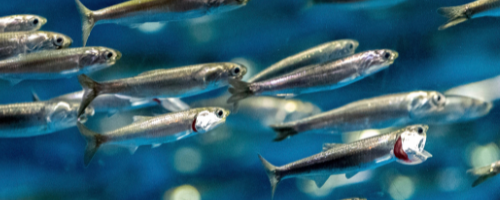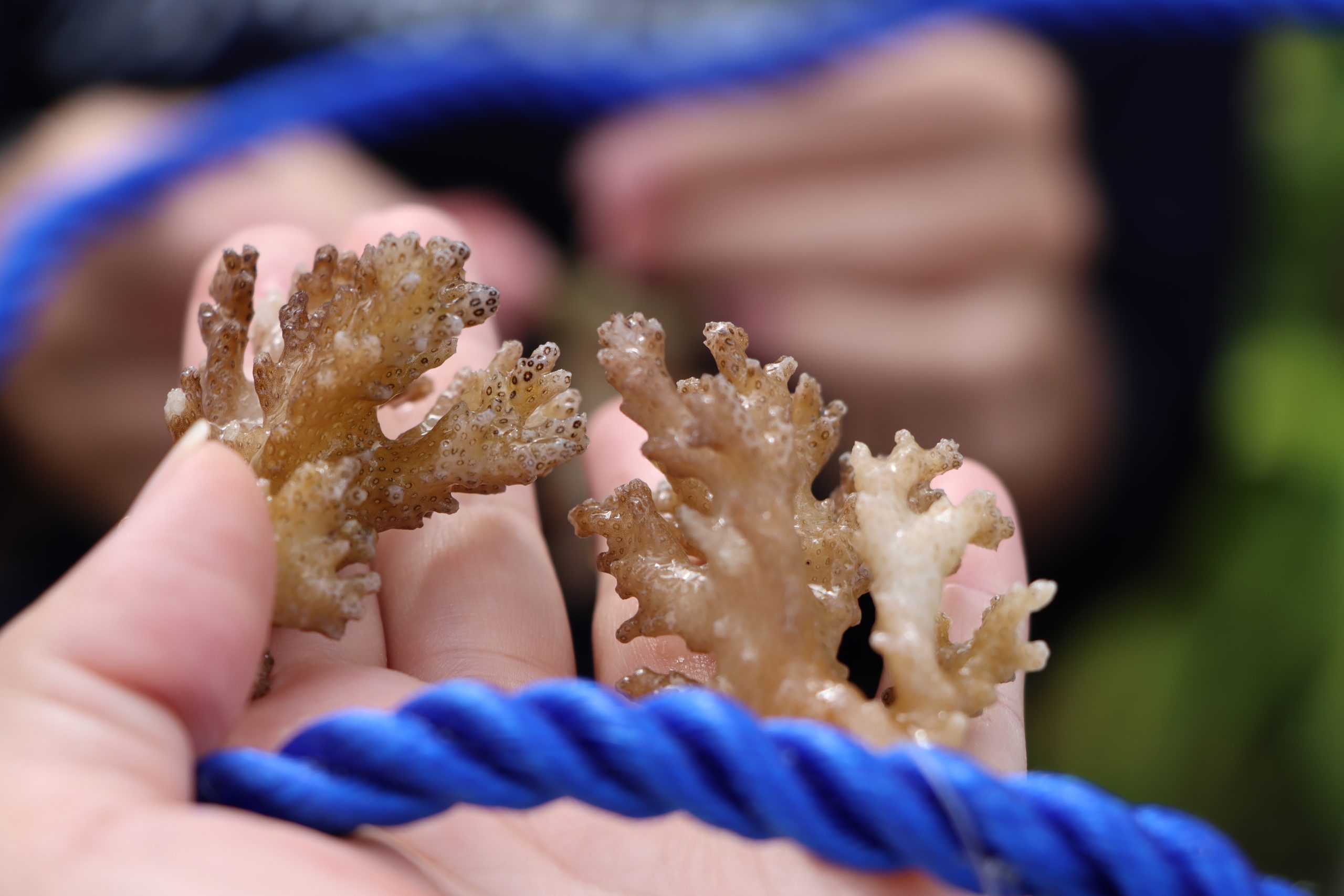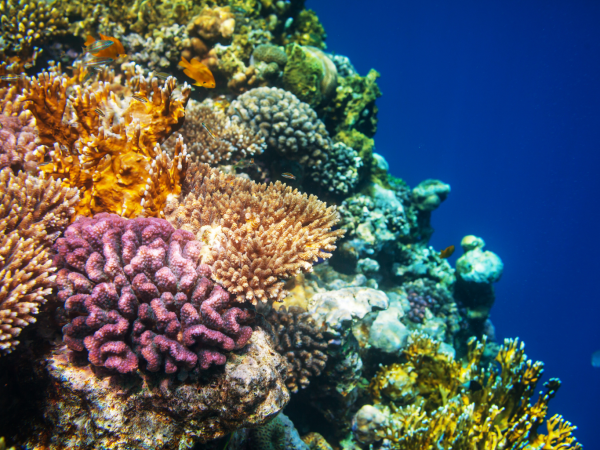
WiseOceans Academy
Coral reefs are ocean habitats found in sub-tropical and tropical coastal waters. Corals themselves are small animals that have a symbiotic relationship with tiny algae called zooxanthellae, which provide them energy through photosynthesis. Corals secrete a hard limestone skeleton around themselves that create the physical reef structure as they grow. These habitats are extremely important to both to us as humans and ocean animals, let’s talk about why!
Vital habitats
Coral reefs are a vital habitat, even though they only cover 1% of our oceans they support over 25% of marine animals. They offer shelter and protection, especially for young animals that can hide within the complex coral structures. They also provide a vast variety of food for animals to eat, even the corals themselves are the food of other animals.
Protection
Coral reefs slow down and reduce the impact of waves on our coastlines. This prevents beaches eroding, as large waves can remove sand and stones. They also protect homes and infrastructure built on our coastlines.
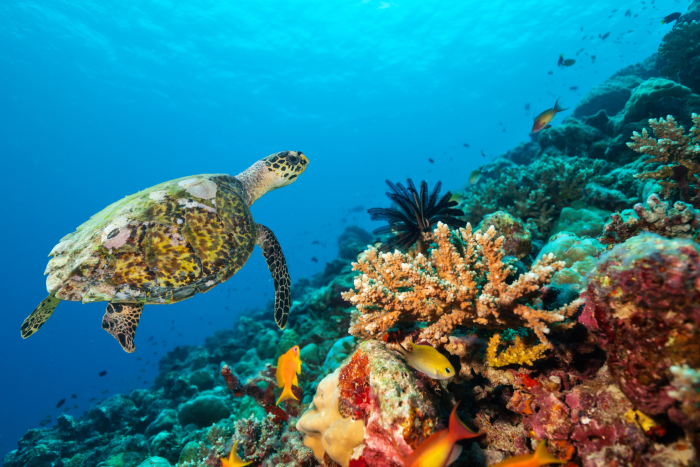
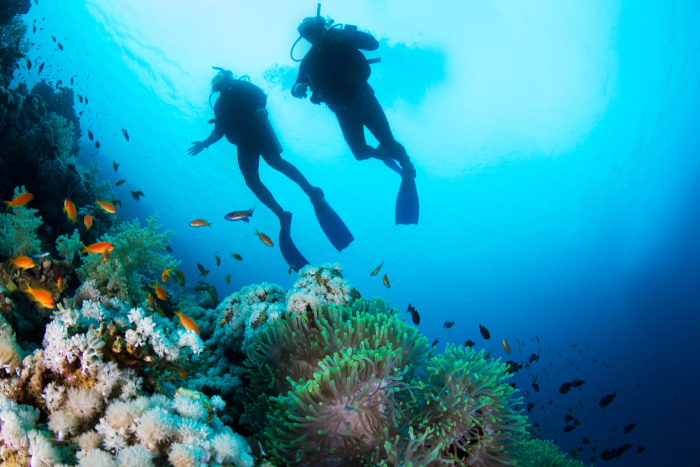
Food and Money
It is estimated that 1 billion people across the world benefit from coral reef ecosystems around the world. As well as protection they offer food and income to many. Fish and other animals are caught on reefs for sale, but eco-tourism also brings a lot of money to coastal communities.
Medicine
Coral reefs have been nicknamed the medicine cabinet of the sea; organisms found on reefs produce chemicals and compounds that have been used to treat a range of diseases and conditions.
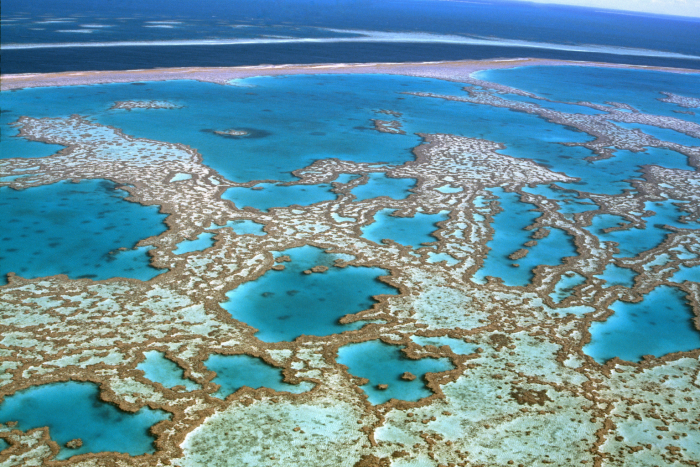
Ready to start your ocean exploring journey? To sign up and be part of our Marine Biology club today click here. While you wait for your first class, why not follow us on Facebook, where we regularly share fun facts, craft ideas and cute videos. You might also like to sign up to our monthly WiseKids newsletter for a monthly dose of marvellous marine-themed content straight to your inbox!


